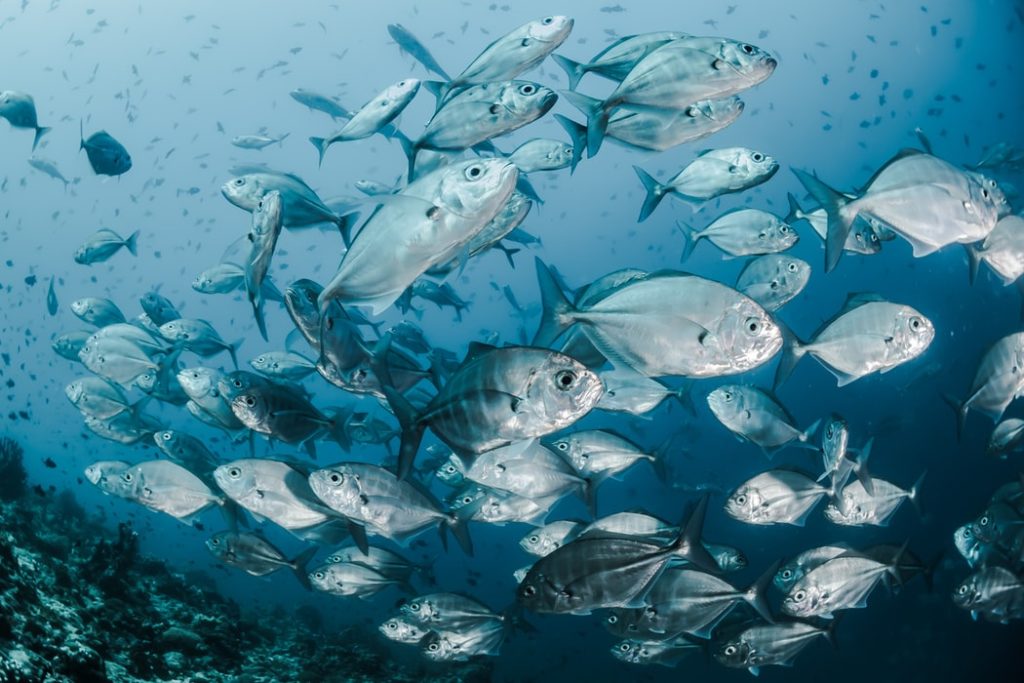Netflix’s newest documentary, Seaspiracy, hits all the right notes but is missing some key voices

Ali Tabrizi, budding documentary filmmaker and marine environmentalist, starts his journey — and this documentary — finding out about the Great Pacific Garbage Patch and resolving to reduce the world’s plastic footprint. A couple phone calls, three infographics, and animated sequences later we find ourselves in Taiji, Japan with Tabrizi illegally filming a particularly violent dolphin hunt.
The Netflix documentary, Seaspiracy, aims to show that commercial fishing is destroying the world and that the blue labels and green ticks we find on our cans of tuna are nothing more than a corrupt, corporate hoax.
The bloody scenes showing the killing of fish and other marine life are gratuitous but necessary — that’s what you need to drive home a strong message. These tactics are nothing new (PETA, anyone?), however the framing here is important, as is the strong moral message set out in the beginning, if we’re to see what the solution to climate change is. Was plastic pollution the real criminal driving the oceans’ demise? According to Tabrizi, it’s merely a drop in the ocean.
He ramps up his argument in stunning fashion. The visuals, cinematography and pace of the documentary are on par with any Hollywood action piece, keeping you rooted to your seat and wondering what’s next with every twist. There are sea pirates, gangs and organized crime. Through the entangled net of it all, Tabrizi manages to keep a firm hand on the direction of the film gliding from issue to even bigger issue within the fishing industry.
At times it does feel a little like a blockbuster, which makes you think about which voices he isn’t including. So much of the movie is focused on what major corporations and companies are doing wrong, but very little credit and screen time is given to the people who are doing things right. There was no mention of a label or a sustainability project that is actually making progress and protecting sea life through ethical/sustainable fishing.
In Canada, the Mi’kmaq lobster dispute last October brought the fishing industry into the spotlight after a protest was organised against off-season fishing by First Nation fisheries citing overfishing concerns. The concerns were disproved by many environmentalists but the damage was done. Nova Scotian non-Indigenous fishermen had shown their hand. There was settler violence, assault and even arson on Mi’kmaw properties.
It raises an important point. Where were the voices of the Indigenous people around the world who have been fishing for time immemorial and have deep connections with the ocean? These communities have been fishing and for a long time haven’t overfished. What’s their secret?
All in all, Seaspiracy is a great documentary to watch and forces a critical analysis of our food systems and humans’ relationship with food. Is it enough to just stop eating fish or should we be applying a more critical eye to where all our food comes from?
